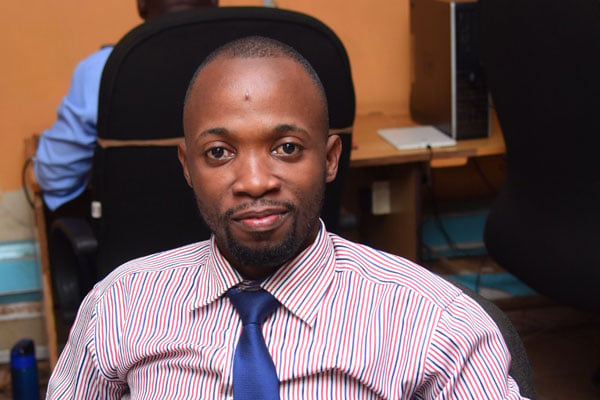Tanzania to send Swahili experts to Uganda

A teacher conducts a lesson at Victorious Primary School, Kampala, in May. Uganda's Education ministry says it has already distributed Kiswahili textbooks to schools and trained teachers. PHOTO/RACHEL MABALA
What you need to know:
- In 2017, Uganda National Curriculum Development Centre finalised the secondary school curriculum where Kiswahili was introduced as a compulsory subject alongside English.
Tanzania has said it is sending Kiswahili experts to Uganda as part of a strategy to promote the language in the country.
This follows a July Cabinet decision to adopt Kiswahili as an official language and make it compulsory subject in primary and secondary schools.
A number of Ugandans still hardly speak the language even though it is widely spoken in some of the East African countries.
“The government of Tanzania is committed to supporting Uganda in promoting the learning and use of the Swahili language including providing experts to help teach the language,” Ms Lawrence Stergomena, Tanzania’s minister for Foreign Affairs and East African Cooperation, said.
She made the remarks recently at a dinner in Dar-es-Salaam, Tanzania, during the commemoration of Uganda’s 60th Independence anniversary.
The dinner was organised by the Uganda High Commission in Dar-es-Salaam and attended by high-profile dignitaries from both countries and business communities.
In 2017, Uganda National Curriculum Development Centre finalised the secondary school curriculum where Kiswahili was introduced as a compulsory subject alongside English.
Ms Stergomena also lauded the strong relations built between the two countries through joint infrastructure projects such as the East African Crude Oil Pipeline.
Uganda’s High commissioner to Tanzania, Ambassador Fred Mwesigye, hailed the bilateral relationship, saying it has promoted key developments in both countries.
However, he emphasised the necessity for unity in both countries to foster economic growth.
“There is a need for Africa to integrate both politically and economically so as to become one big market which would be the best formula for creating a framework of guaranteeing the security and prosperity of our people,” Ambassador Mwesigye said.
Kiswahili speakers
Kiswahili, mainly spoken in the East African region, is a fusion of the dialect born of Bantu and Arabic languages, has earned its place of pride as one of the world’s top 10 most spoken languages and Africa’s most widely used native lingua. It enjoys official status in Kenya, Tanzania and now Uganda.
It is also widely spoken in parts of DR Congo, Rwanda and Burundi. It became the first African language, which is spoken by more than 200 million people, to be honoured by United Nations Educational, Scientific and Cultural Organisation.




